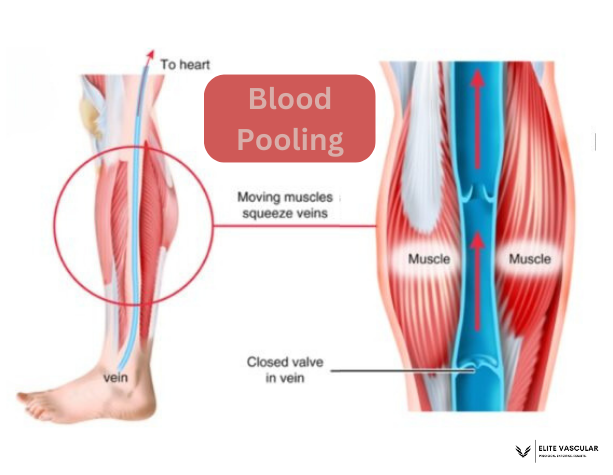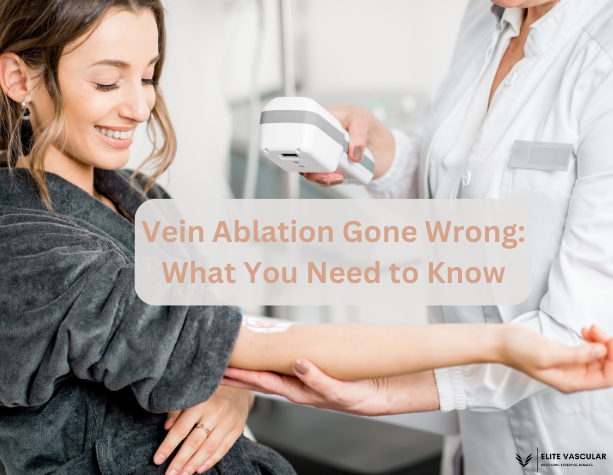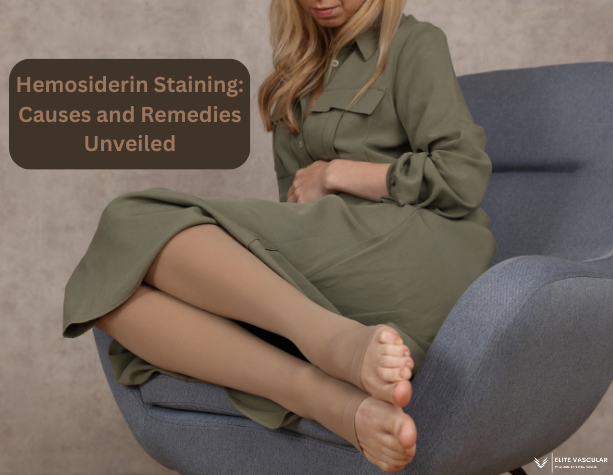- admin
- 0 Comments
What is a Vein Doctor Called: A Comprehensive Guide
What is a vein doctor called? Phlebologists, or vein doctors, are health experts who attention at the diagnosis and remedy of vein-associated problems. Veins play an important position within the human circulatory machine via transporting deoxygenated blood lower back to the coronary heart. Vein disorders, inclusive of spider veins and varicose veins, may additionally […]
- admin
- 0 Comments
What causes veins to be more visible in legs?
What causes veins to be more visible The visibility of veins in the legs is a common concern for many individuals. While some people have naturally more noticeable veins, others may experience an increase in their prominence over time. Understanding the factors that contribute to visible veins is crucial in addressing this issue and […]
- admin
- 0 Comments
Blood Pooling: A Guide to Prevention and Treatment
What Is Blood Pooling? Blood pools because of persistent venous insufficiency, and if left untreated, this may lead to serious issues which include venous ulcers, secondary lymphedema, and pulmonary embolism. But you could cope with blood pooling sooner instead of later in case you realize what reasons it and what symptoms to observe out […]
- admin
- 2 Comments
Vein Ablation Gone Wrong: What You Need to Know
How Does Vein Ablation Work? A vein expert will explain vein ablation to you before you schedule your treatment. The doctor will also examine your legs for vascular problems. Your doctor will ask about your medical history, any diagnoses, and vein therapy. He will also inquire about allergies and current medicines, including herbal supplements and […]
- admin
- 0 Comments
Decoding Arterial Vs Venous Insufficiency: Key Variations
Can you differentiate arterial and venous insufficiency? Both disorders produce decreased blood flow, although for different reasons. Insufficient blood flow via the arteries causes tissue injury and gangrene. However, venous insufficiency causes swelling and ulceration when veins cannot return blood to the heart. This blog article discusses arterial and venous insufficiencies with details. You’ll learn […]
- admin
- 0 Comments
What does a blood clot in the leg look like?
A blood clot occurs when a liquid transforms into a gel or semisolid. Clotting is the body’s defensive mechanism against excessive bleeding after an accident or cut. A blood clot, in general, is helpful to your health and presents no danger to you. Blood clots that migrate via veins to the lungs may be lethal. […]
- admin
- 0 Comments
Hemosiderin Staining: Causes and Remedies Unveiled
Are you concerned about a dark spot on your legs that is becoming worse with time? Hemostasin staining is a possible diagnosis; it may be brought on by a number of medical issues, including skin infections and inadequate blood flow. Iron accumulation, which causes this condition, causes brownish-purple skin. We’ll examine hemosiderin staining, its causes, […]
- admin
- 0 Comments
How to Choose the Right Compression Leggings for Varicose Veins
What Are Compression Stockings? Compression stockings are used to compress the lower limbs in order to offer relief. The pressure usually feels greatest around the ankles and lessens as it goes up the foot. This pressure gradient is there to stop blood from recirculating downward, arteries cannot collapse, although vertebrae may. The compression of the […]
- admin
- 0 Comments
Diet for Venous Insufficiency: A Comprehensive Guide
Your veins are constantly guiding blood toward your heart. Despite their thinness, venous valves and vascular walls are strong and able to withstand high pressure. Sufficient nutrition is necessary for the veins to function correctly. Recommended diet for venous insufficiency by your vein specialist will play a key role in your vein health. Eating healthy […]
- admin
- 0 Comments
What Kind of Doctor Treats Varicose Veins?
Embrace Relief with Varicose Vein Specialists Medical professionals from a wide variety of fields may treat varicose veins, including anesthesiologists, cardiologists, podiatrists, dermatologists, and others. They must, however, be experts in diagnosing and treating vein issues. Asking about their education and experience might help you determine whether they are qualified to treat your varicose veins. […]









